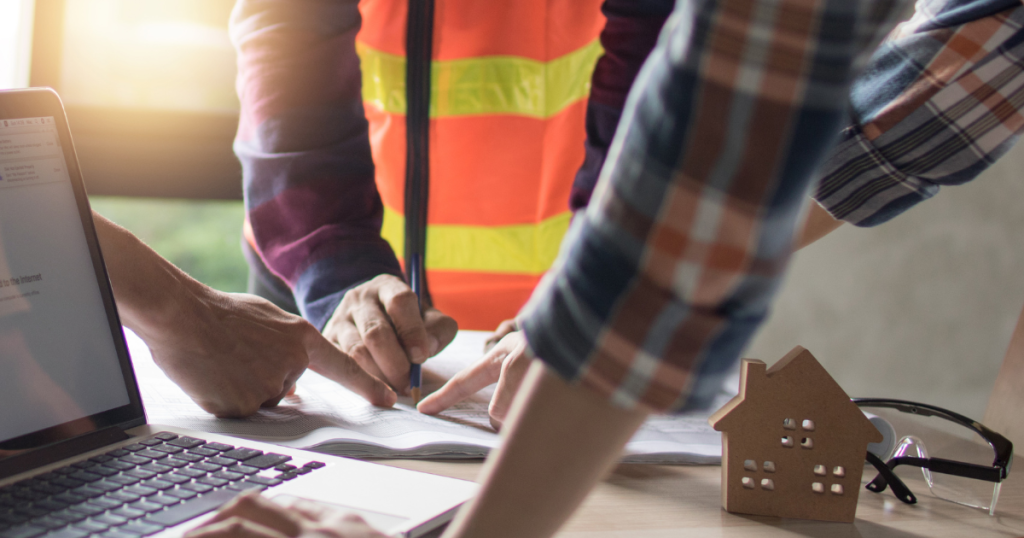
At this year’s COP26, the Government committed to a 68% reduction in the UK’s carbon emissions by 2030, a 78% reduction by 2035 and an aim to be net zero by 2050.
Given that 25% of the UK’s total greenhouse gas emissions come from the built environment, rising to 42% when including transport emissions, the construction industry has a crucial role to play if this target is to be achieved.
While newly-constructed buildings are naturally more energy efficient, it’s expected that 80% of the buildings that will exist in 2050 have already been built today, meaning a major effort is needed to ensure existing structures meet those ambitious sustainability requirements.
While the construction sector has made notable progress in reducing its carbon footprint, there is still a long way to go if these targets are to become a reality.
What is already being done?
Last year, as part of the Government’s plans to hit those reduced carbon emission targets, rigorous new rules on energy standards were introduced in the ‘Future Homes and Building Standard’.
Among the plans is a commitment for all new-build homes to be constructed in a way that allows them to become zero carbon ready by 2025.
It’s not just new builds that fall into the new guidelines, replacement appliances and work on existing homes are also required to meet higher energy standards. This applies to things like the replacement of windows and building services such as heat pumps, cooling systems, or fixed lighting.
One of the most notable changes is an imminent ban on gas boilers being installed in new-build homes, which is expected to roll out from 2025 with the long-term goal of ending our reliance on gas heating entirely.
Elsewhere, new buildings such as offices and shops will have to cut emissions by 27%.
In a press release last year, Housing Minister Christopher Pincher MP said: “Improving the energy performance of buildings is vital to achieving net-zero emissions by 2050 and protecting the environment for future generations to come."
What changes can tradespeople make to become more sustainable?
Aside from the obvious environmental benefits, research from Rated People (via Electrical Contracting News) suggests that going green is good for business, with 43% of UK homeowners saying they would now be more likely to choose a tradesperson if they were environmentally friendly.
It can make both financial and environmental sense for tradespeople to be working with more sustainable materials, such as using recycled bricks for restoration projects, plasterboard that makes use of recycled plastics or steel that has been formed using scrap metals. And once projects are finished, properly recycling or disposing of any waste materials.
Building greener supply chains can also make a significant difference. This could be using local suppliers, optimising transportation methods and choosing to work closely with other sustainable businesses.
Tradespeople could frequently now find themselves called upon to educate customers around the benefits of sustainable solutions — whether it’s plumbers advising on new technologies that reduce water consumption, gas engineers suggesting alternative heat sources to boilers, or general tips that anyone can use to make their home more energy efficient.